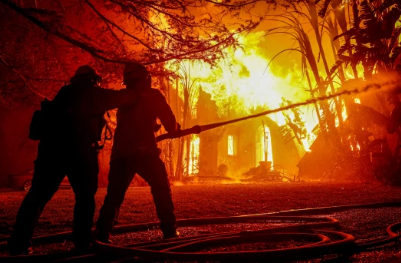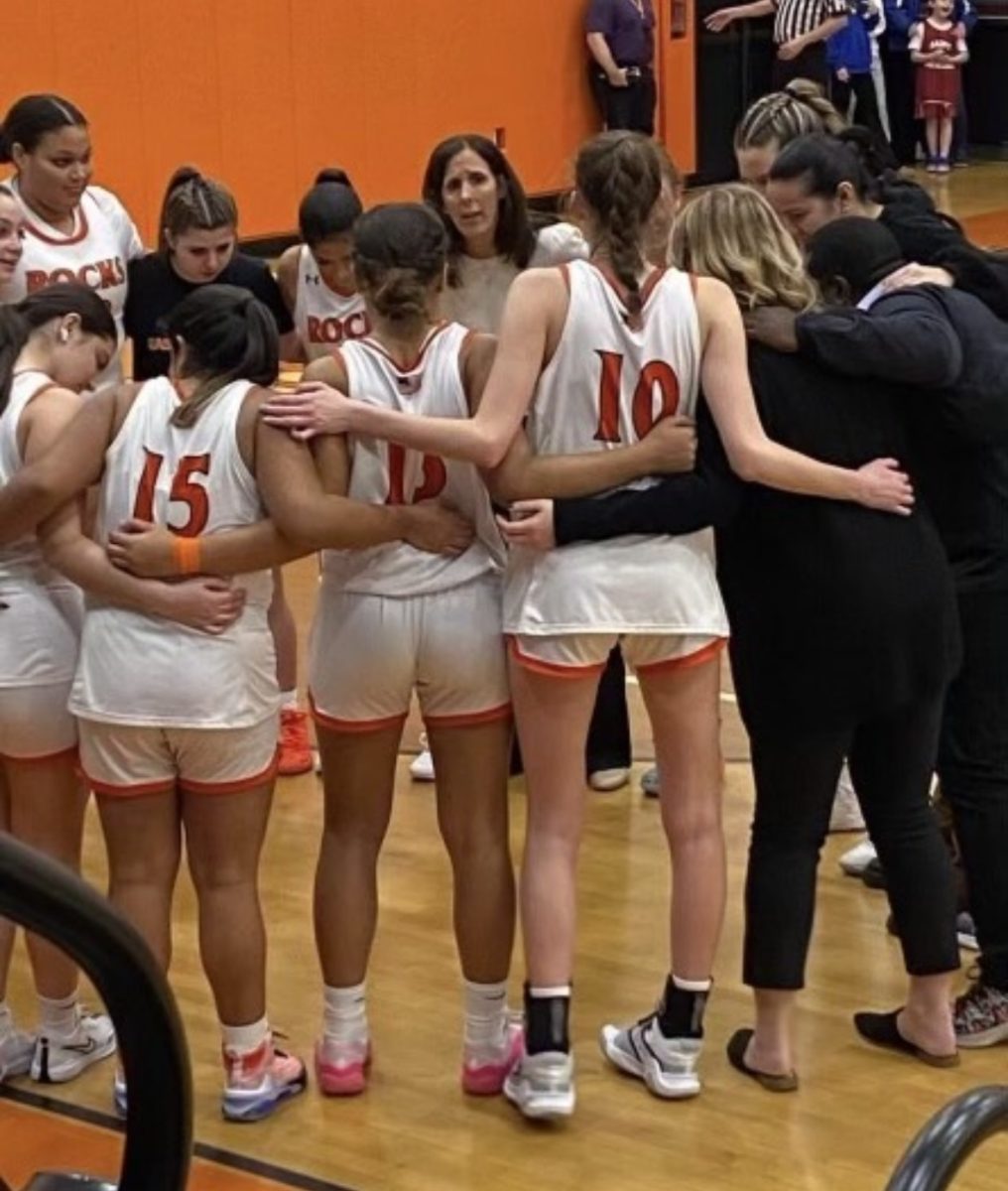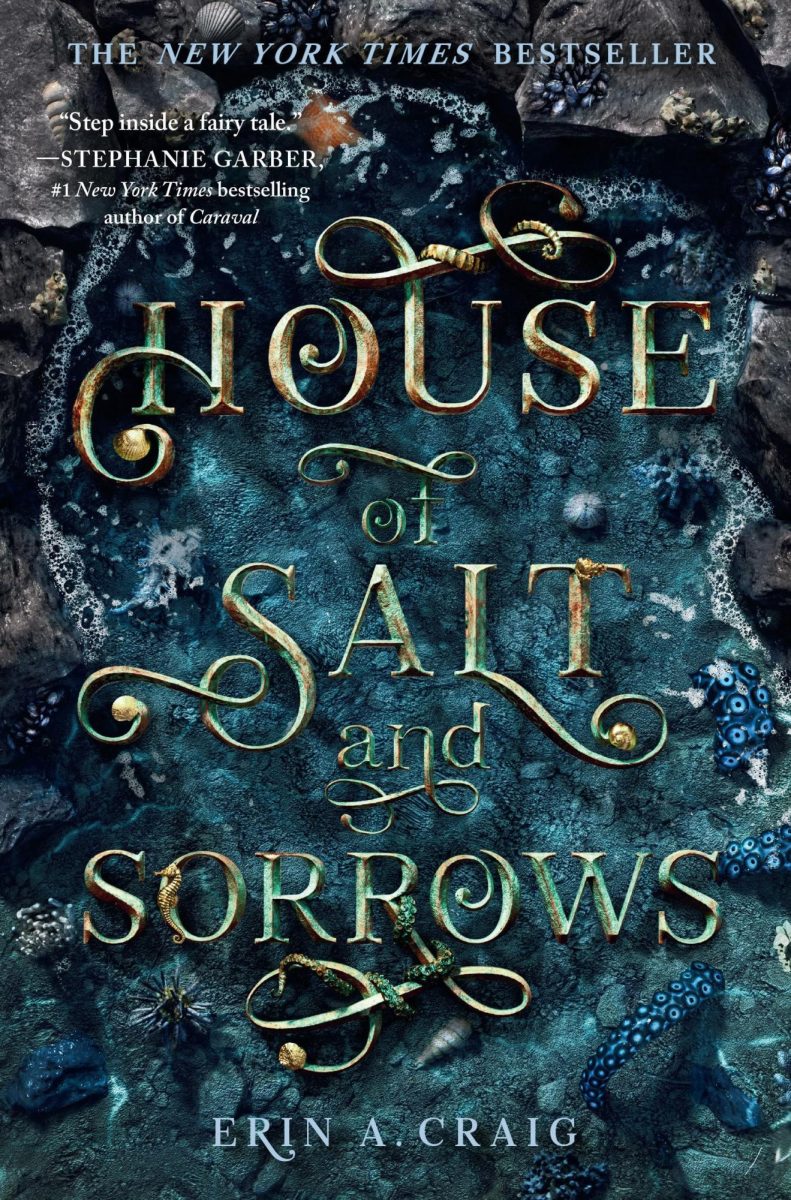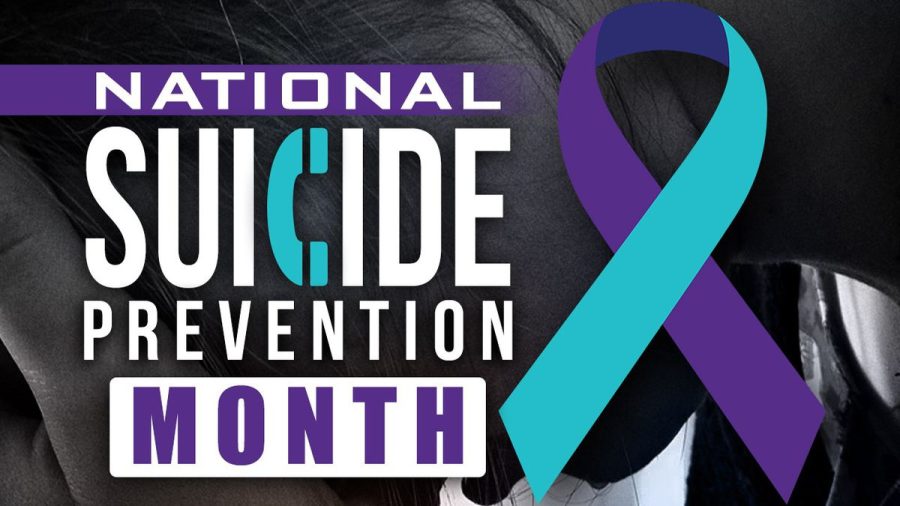Suicide Prevention Month: Why One Month Just Isn’t Long Enough
September 30, 2022
*TW: Talk of Suicide
As the leaves start to change and the month of September comes to a close, I got to thinking about what this month means. Most months can be associated with a certain cause to recognize and appreciate and in the month of September, suicide prevention is one of those very important topics. On a national level, the week of September 4th – 10th is reserved for suicide awareness, but the National Alliance on Mental Illness used the whole month to call attention to the issue. Considering it has recently become less and less taboo to talk about mental health and suicide in particular, the fact that we have a month to acknowledge the suicide epidemic shows how great our strides have been. Although, I’m still not satisfied. In my opinion, we should live all 365 days of each year as if it was suicide prevention month.
As I mentioned before, we are in the middle of a suicide epidemic. An epidemic that kills one person every 40 seconds. An epidemic that kills twice as many people as homicide. An epidemic that kills around 800,000 people annually. Yet, we don’t talk about it nearly as much as we should. The idea of bringing attention to the suicide epidemic during the month of September is a great one, yet there are still plenty of people (especially teens) who don’t understand it or consider it taboo. So why isn’t this working?
Here’s why – You can have someone come into a classroom and tell students that suicide is bad and you shouldn’t do it, but if you aren’t telling them why suicide occurs, stories of the real people who have struggled, or how they can get help, suicide will continue to be a silent enemy. This also should not be going on just during the month of September, we should be talking about how to recognize signs of suicidal thoughts and how to help ourselves and those around us. For example, some signs of suicidal thoughts could be:
- Talking about feeling trapped or in unbearable pain
- Talking about being a burden to others
- Increasing the use of alcohol or drugs
- Acting anxious or agitated; behaving recklessly
- Sleeping too little or too much
- Withdrawing or feeling isolated
- Showing rage or talking about seeking revenge
- Displaying extreme mood swings
The more and more we talk about it and make the word suicide less controversial, the more deaths we can prevent. Suicide is also a leading killer for people aged 15-19, which means that schools should be extra proactive and work to make suicide prevention a constant conversation. This means having easy access to suicide hotlines, available mental health help, and frequent talks about the commonality of mental health issues like depression or anxiety. Part of the problem, especially for those in their teen years, is the frightening feeling of being all alone and thinking that you’re the only one having depressive thoughts. You’re not. I have felt them. I guarantee five or more people sitting around you in the classroom have too. You are not crazy and you are not weird, you are a human being. Being a human is not easy, but trust me, life is worth it.
It is also essential that we remember those who we have lost to suicide. Keeping their names in the conversation will not only help them live on, but help other people understand the impact that suicide can have on family members and those around you. There are also many survivors of suicide who now work as activists and share their stories. Learning about them, or even having them come and talk to us in a school setting can be so important. Being able to see the effects of suicide firsthand can be great encouragement for those struggling to reach out to someone or get help.
Part of making suicide prevention and awareness a constant mission is understanding that those who might be struggling with suicidal thoughts can be completely “normal” people. There was a point in my life when I deeply struggled and there are many moments when I still struggle. Thankfully, I am on medication that has frankly saved my life and I have surrounded myself with people I trust. I play sports, I do well in school, I have great friends, but I am still affected by these feelings and that is okay.
If you’re reading this and thinking that you have no one to talk to or no one who will understand. You’re wrong. Chances are, a trusted friend, adult, or social worker will be able to help you/empathize with what you’re going through. Do not be afraid to talk about it. You are not crazy, you just need a little help. If those options don’t work, it is easy to get into contact with someone just through the suicide and crisis hotline by calling or texting 988 (suicide hotline). If you are dealing with any depressive or suicidal thoughts, you also have the option to text HOME to 741741 which will put you in direct contact with a real crisis counselor who can text you. This allows for quick text messages that will get you help (without having to talk to someone on the phone, which might seem more daunting).
Please trust me when I say that life is worth living and your presence truly is important. There is light at the end of the tunnel, always. Together we can make the world a better place and impact the lives of people all around us by destroying the stigma around suicide and working to help ourselves and others to have easy access to help. If we continue to work hard and bring attention to the issue, we will make every single day a suicide prevention day.
References-
https://www.sprc.org/about-suicide/warning-signs
https://ourworldindata.org/suicide
https://nami.org/Get-Involved/Awareness-Events/Suicide-Prevention-Awareness-Month-(SPAM)





























